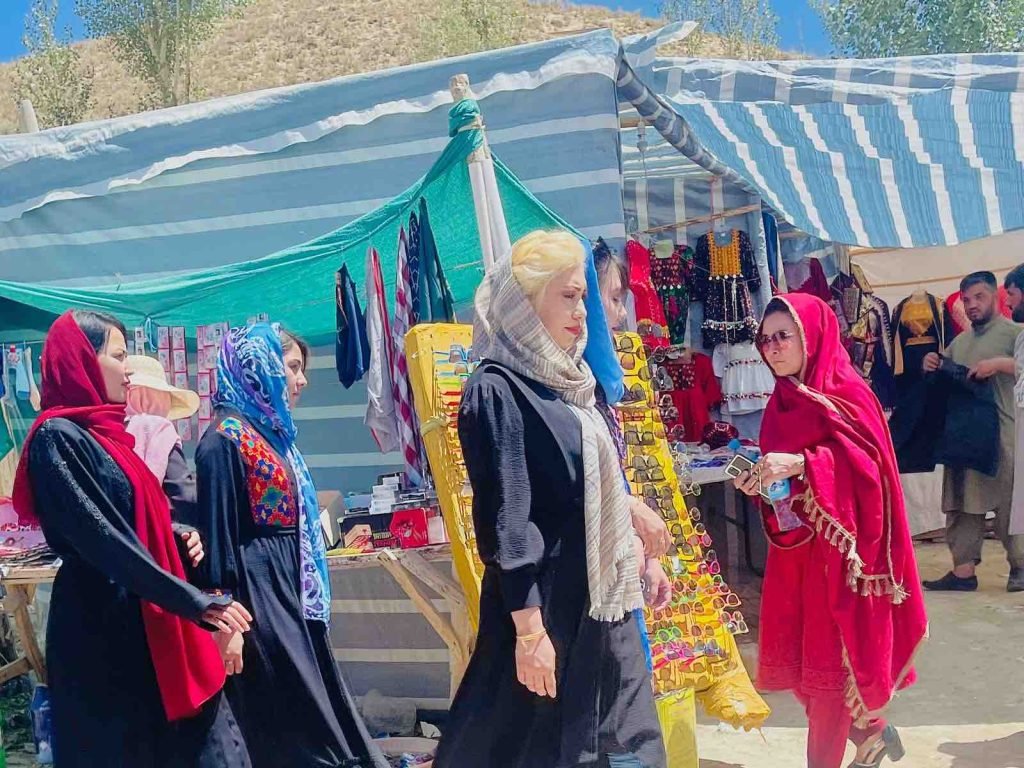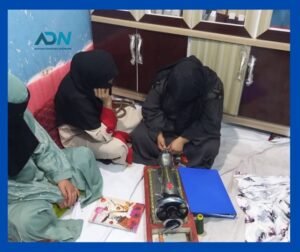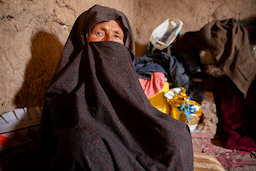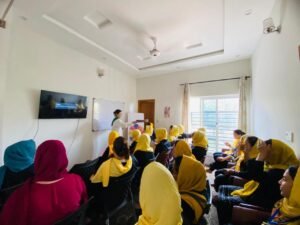Two Years into Taliban Rule: Afghan Women Struggle Amidst Restrictions and Neglect

A local market in Bamiyan province - Central Afghanistan in August 2023. Photo: @AADIL
By Nazila Jamshidi
After two years under Taliban rule, the lives of Afghan women are marked by the absence of fundamental human rights and freedoms, leading to a prevailing sense of hopelessness, persistent sadness, and a waning interest in life’s pursuits. The Taliban’s enforcement of policies that violate rights is documented by the UN Special Rapporteur, counting over 50 decrees, plunging women into a nightmarish existence of desolation. These policies have built substantial barriers to women’s and girls’ health and education, trimmed freedom of movement, expression, and association, and deprived many of their earned income, including the closure of beauty salons. Many had been the sole or primary wage earner for their family. Rather than restricting women’s rights all at once, the Taliban have taken a gradual approach, but the end state is the same: the erasure of women from public life.
It is paradoxical that the women once hailed in Western circles as the primary beneficiaries of a previous intervention are now trapped in an atmosphere of fear precipitated by Taliban authority.
The strides made in improving the lives of women, for which the West was significantly credited, have been tragically undone at an alarming pace. As of today, women are barred from parks, gyms, universities, secondary schools, and jobs at nongovernmental groups and the United Nations. With each passing day, new instances of atrocities and violations replace the narratives of empowerment and progress that were once proudly showcased on the global stage.
Afghan Women’s Responses to Regression of Women’s Rights
In the wake of a setback to the rights of women and girls, a wave of peaceful protests emerged. The demonstrations initially took root in Herat province and rapidly extended to other provinces by early September. This movement encompassed various forms of expression, from public street protests to social media campaigns and even covert home-based gatherings. Strikingly, women were at the forefront, voicing their opposition to the Taliban’s policies on women and asserting their rights, despite lacking visible male support. The Taliban’s response was harsh from the outset, involving the beating of protesters, disruption of protests, and the arrest and torture of journalists who were covering the demonstrations. Additionally, the Taliban implemented a ban on unauthorized protests. As time passed, the Taliban’s abusive reactions escalated, reaching a particularly brutal level during a protest on January 16 in Kabul. During this event, Taliban members employed pepper spray and electric shock devices while threatening, intimidating, and physically assaulting the protesters.
International Response to the Taliban Policies on Women
Various foreign governments, rights organizations, and international entities strongly criticized the limitations imposed on women. The United Nations, in particular, highlighted these restrictions as a significant hurdle for the Taliban to achieve global recognition as Afghanistan’s legitimate governing body. Western nations took measures to distance themselves from the new regime, such as scaling back developmental aid, freezing assets, and implementing sanctions.
Despite the Taliban’s official isolation in the international arena, their interactions and engagements have allowed them to slowly move toward normalized relations with certain countries. There is a global interest, including from Western nations, in collaborating with the Taliban on issues like narcotics, refugees, and counter-terrorism. Notably, certain regional countries like Iran have accepted the Taliban diplomats and maintained active embassies in Kabul. China, Russia, and Pakistan are advocating for an end to sanctions and pushing for the formal recognition of the Taliban. Although no country has officially granted recognition to the Taliban, their stance on the Taliban’s policies concerning women remains unclear. In fact, there is no unanimous response from the international community towards the Taliban’s actions and policies.
Two years have passed, and Afghan women still bear the burden not only of severe restrictions and the resulting consequences but also the unfortunate lack of attention, both domestically and globally, to alleviate their plight. Upholding human rights, particularly those of women, is an essential pillar of the international framework and should continue to be a fundamental element of the UN’s mission in Afghanistan. Nevertheless, the majority of advocacy efforts by Western nations and international organizations tend to address the immediate humanitarian crisis, rather than championing the rights of all Afghan women who are not only grappling with poverty but also a systemic void that fails to safeguard their human rights.
Nazila Jamshidi – a gender equality and human rights specialist involved in Afghanistan’s development and democracy processes for the past decade – has worked for the UN, USAID, the International Federation of Red Cross.
Note: The contents of the article are of sole responsibility of the author. Afghan Diaspora Network will not be responsible for any inaccurate or incorrect statement in the articles.










